
Coaching offers the secrets to happiness most of my career and life coaching clients dream of: freedom, work life balance, creativity and the ability to be an entrepreneur and run your own business on your own terms. What’s not to love?!
Having coached and mentored many career coaching and life coaching clients keen to switch careers into coaching, here are some top tips most coaches to be are unaware of:
1. Choose the Right Coaching Course
Any course you spend money on should be seen as an investment rather than an expense. A high value course should be measured for the return on investment it provides versus the cost. The coaching course I did worked well for me because it offered the flexibility of online study and was well reputed because it markets itself extremely well with free weekend taster courses – but great marketing doesn’t equal great quality. I’ve since met many coaches and can clearly see some stand-out courses which cost a lot more money but which yield notably excellent returns in terms of skills, business tips and certification. So take the time to connect with well-established coaches with wide networks and ask them which coaching schools they’d recommend based on the coaches they’ve met. The right investment will pay dividends in terms of building your confidence, skills and future business.
2. Marketing is King
As I always say, a great coach without marketing is like a chateau without road signs. It doesn’t matter how gifted you are if people can’t find you. My personal path involved undertaking my coaching training and developing my coaching skills through a lot of free sessions, gathering client testimonials so I could build my future brand (website and blog) and writing articles on areas of interest around happiness, success and personal development. The truth is, this was an easy win as writing sets my heart a-flutter and sharing learnings from books I was reading and my own new experiences living in wonderful new places on paths less travelled, was an easy way to energise myself, consolidate key pearls of wisdom and build my profile as a personal development specialist. Much later, I turned my attention to marketing, such as writing articles for publications such as the Huffington Post, investing in PR, exploring search engine optimisation and creating a podcast to get more traffic to my website. Marketing is like a game — you’ve got to play the game if you want to create enough chemistry calls to make a living. For while coaching may meet those much sought after values such as freedom and work life balance, this isn’t much fun if you’re not earning enough money to make a living. With great testimonials and enough client enquiries, you can increase your prices and be sure to make what you need and more every month with the kind of freedom, stability and growth that, well, sets you free!
3. Work for Coaching Companies as a Freelance Coach
Once you’ve got enough coaching hours and great testimonials under your belt, it shouldn’t be too hard to secure freelance coaching as an associate coach. This is a really high results producing activity as it ensures you get clients funnelled to you without any marketing costs your end. The other major benefit is the business acumen you acquire from seeing how other coaching businesses operate. If you’d told me when I started coaching that I could easily sell 9 session career coaching packages to clients, I never would’ve believed you. I would’ve also found it hard to believe that I could even make £300 a month from coaching! Working for more established coaching companies has proven otherwise, teaching me powerful tools around effective marketing, how to conduct powerful chemistry calls to convert potential clients whilst boosting my confidence though coaching hundreds of clients across different industries and at different levels from undergraduates to trainees, associates, managers and CEOs.
4. Play to your Passions
Although people often speak about the importance of having a niche, I advise new coaches to start broad unless you’re sure what direction you want to take. If you know you’re nuts about nutrition and want to go hammer and tongs to train as a nutrition or health coach, go for it, as passion sells. But if you’re unsure, don’t corner yourself too soon. Instead, enjoy experimenting by working with a range of clients and getting curious about what you most enjoy. I worked with a real mix of people and noticed that career coaching clients naturally gravitated towards me because of my own career coaching journey from lawyer to life and career coach. I also realised that having worked across a range of fields from property and law to PR, journalism, copywriting, higher education and start-ups gave me unique insight into a range of careers that could benefit clients across a real breadth of diverse career sectors. I also realised that my journalism experience and First Class degree in English were superpowers other coaches may not have, helping clients with key pain points whether nailing CV’s, applications, cover letters and interviews to secure the jobs of their dreams. What are your unique strengths, experiences, passions and selling points? And how might these support the area of coaching that you could work in?
5. Carve out a Unique Selling Point
While coaching sounds like the killer career in terms of work life balance, freedom and making a difference, this also means it attracts a lot of people who want a piece of the cake. To ensure you stand out from the crowd, think about what your unique selling points are and how they can bolster your brand identity and origin tale. For instance, as a lawyer turned life coach, I have a unique selling point as a coach who has successfully traversed career change — particularly from the high stress, ‘always-on’ corporate world, to a more freedom filled, values-driven, coaching lifestyle. This story resonates well with professionals like lawyers and management consultants who can be a little snobby about who they work with. My creative strengths as a writer have meant that I leant into creating my own blog and writing on subjects that inspired my own personal development from how to take the stress out of online dating, to top tips for moving abroad (think London to Madrid and the French Alps), to how to master your mind and transform your life and career. My strengths as a writer separate me from other coaches and have helped me gain PR opportunities with publications like Grazia, The Financial Times, Huffington Post, Refinery29, Elephant Journal and Refinery29; this has paid dividends in boosting my gravitas as a commercial creative hybrid who specialises in helping a range of professionals who are confused about their careers find work they love!
What comes to mind when you ask yourself the above questions? Feel free to drop me your thoughts or queries here.

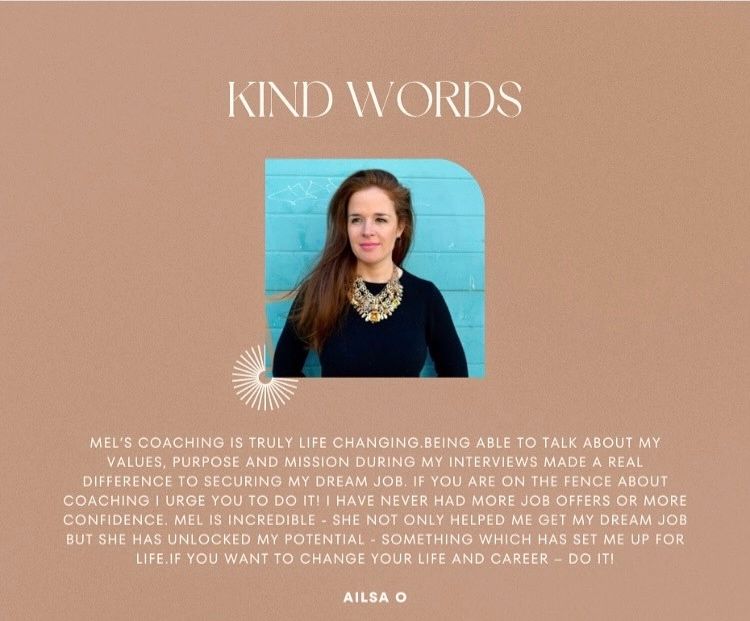

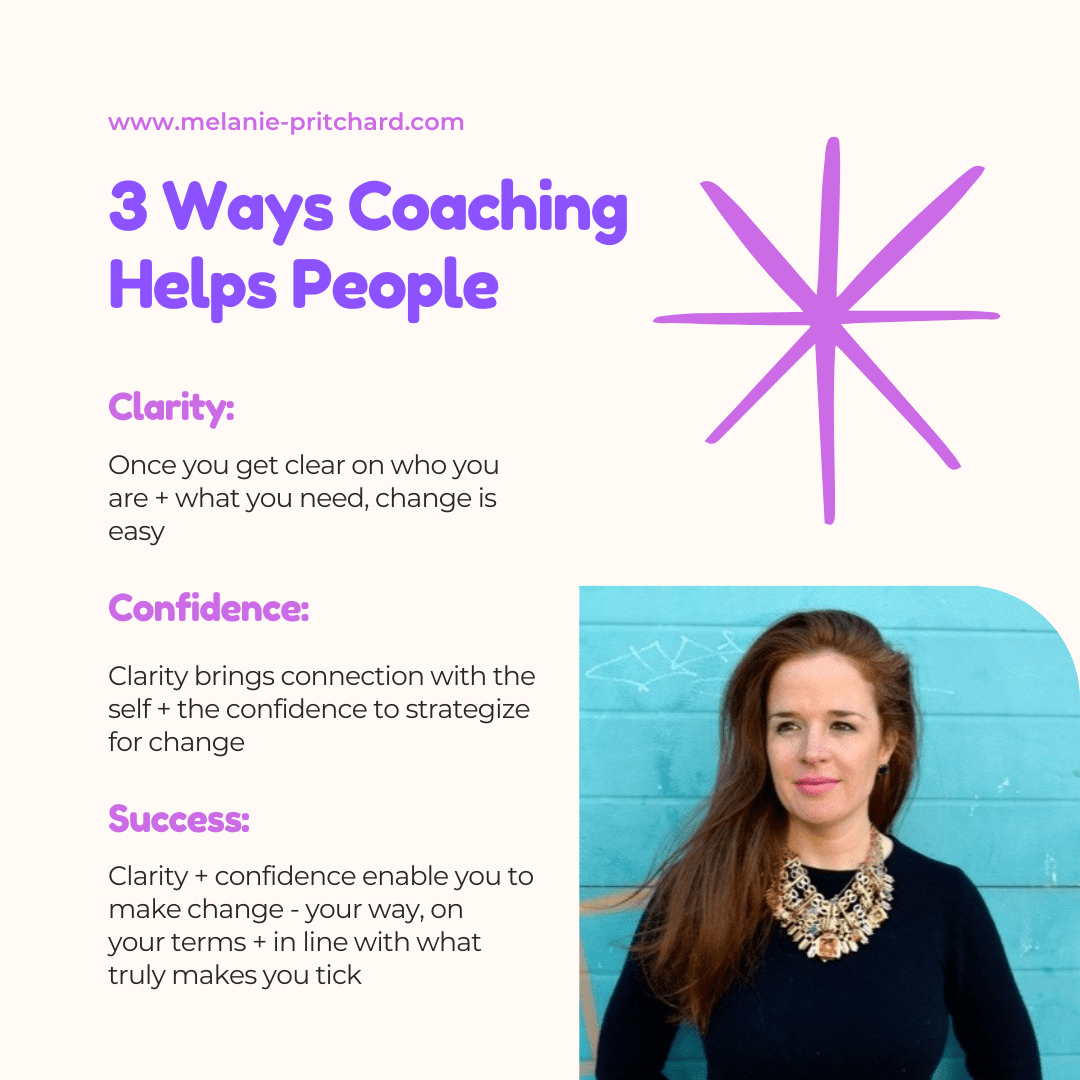
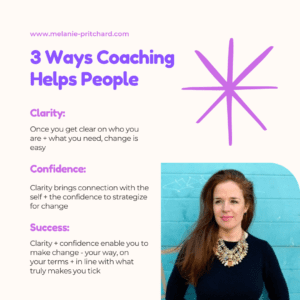

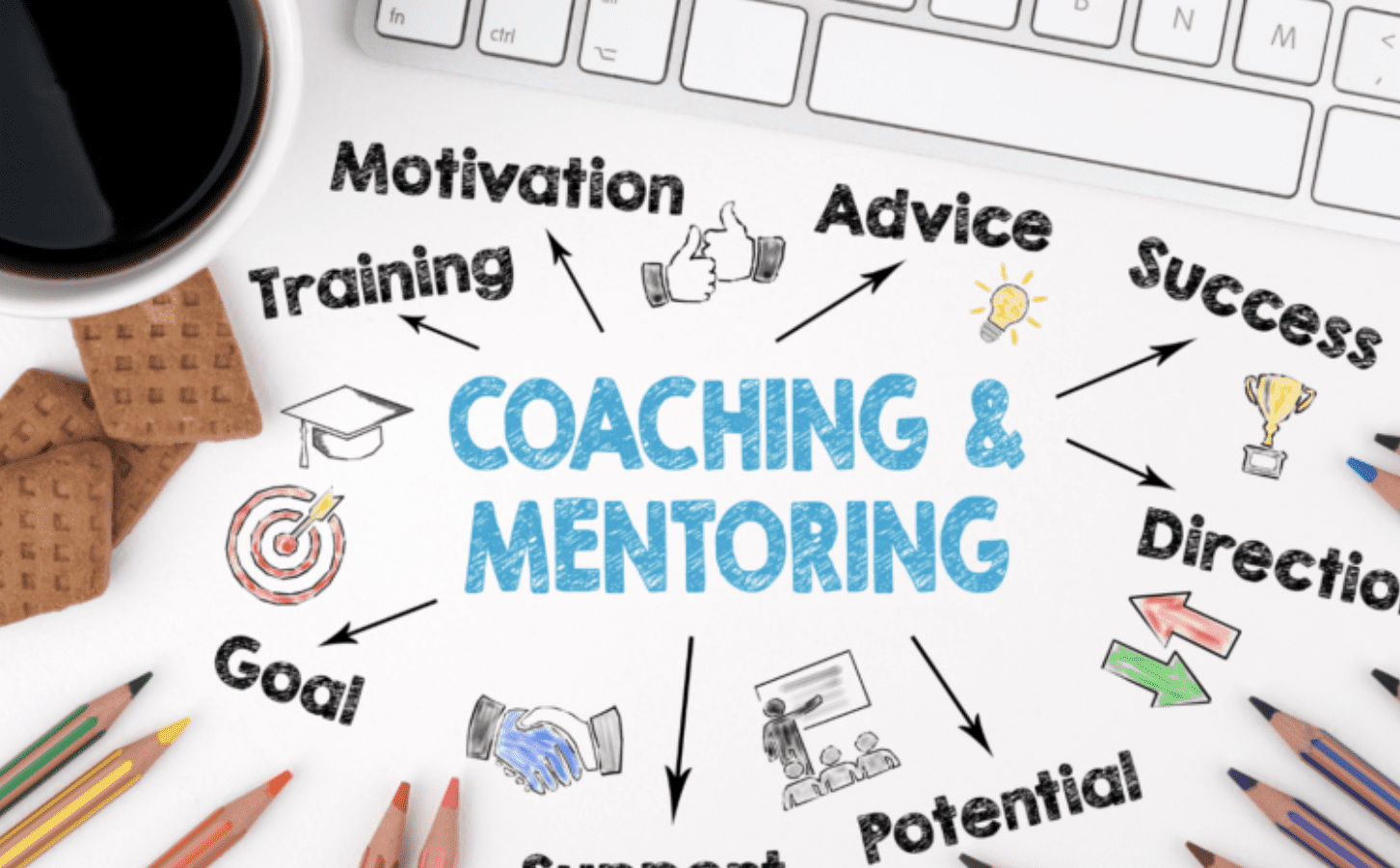

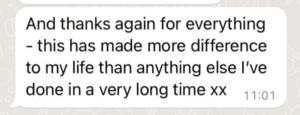











:max_bytes(150000):strip_icc()/01-get-hens-lay-eggs-nest-boxes-3016774-e78066e70ffa440ebbeb8f9f70e61a94.jpg)